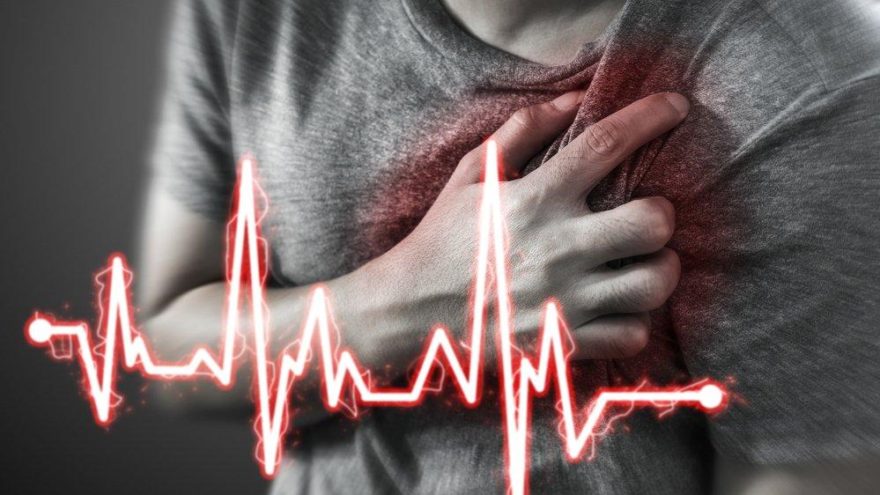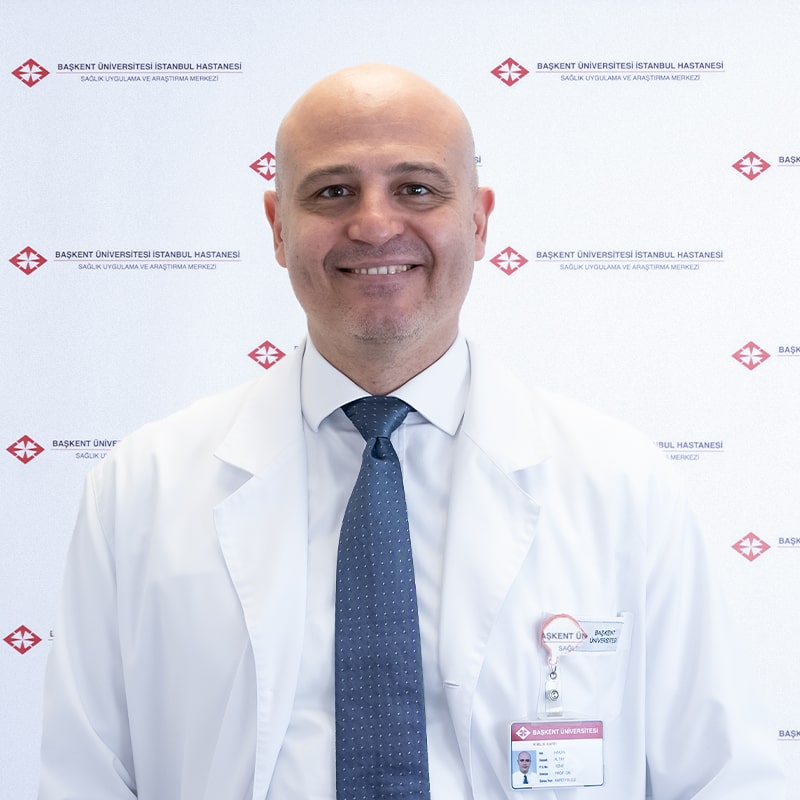
Overview
How Is Heart Failure Detected? What are the symptoms?
- Shortness of breath
- Swollen ankles and legs
- Poor exercise capacity
- Palpitation
- Waking up at night due to cough
- Waking up at night with distress
- Increase need to urinate at night
- Loss of appetite and nausea
- Abdominal distension and discomfort
- Rapid weight gain
- Dizziness
Exercise-Induced Shortness of Breath
- The first sign
- Sometimes, the only sign
- The heart cannot meet the increased need of oxygen for tissues
Preventing Heart Failure Stage A
(Patients with risk of developing heart failure)
- Prevention programs can decrease the risk of Heart Failure. Taking the risk factors that play role in development of Heart Failure under control is the basic prevention strategy.
In this end, targets include:
- Management of hypertension
- Management of diabetes mellitus
- Management of obesity
- Cessation of smoking
- Decreasing alcohol consumption
- Decreasing high cholesterol levels
- Avoiding sedentary lifestyle
Preventing Heart Failure Stage B
(Patients with risk of developing heart failure)
- Progression to heart failure can be prevented for the patients who have developed structural heart disease.
In this end, targets include:
- Determination of high-risk patients at early stage
- Early detection of structural anomalies
- Creating an optimal treatment plan for each patient
- Intense life-style changes
- Providing the targeted medical treatments
- Monitoring the patients closely
Preventing Heart Failure Stage C and D
(Patients who have developed heart failure)
- Early diagnosis, medication and device therapies - when necessary- for patients who have developed heart failure
- Progression of disease can be stopped or delayed
- Disease can be reversed in some cases
- Sudden deaths can be prevented
- Life time can be prolonged
- Frequent hospital stays can be prevented
- Heart assist devices or heart transplant can be planned for terminal stage patients.
Treatment of Heart Failure
- Life style modifications
- Medication therapy
- Cardiac pacemaker and defibrillator therapies
- Surgical treatment (cardiovascular surgery)
- Heart support systems
- Heart Transplant
- Artificial heart
Lifestyle Modifications in Heart Failure
- Decreasing salt consumption
- Limiting water consumption (1.5-2 L)
- Daily body weight monitoring
- Quitting alcohol consumption
- Vegetable-and fruit-dominant diet
- Daily exercise programs
- Avoiding drugs that worsen heart failure
- Cessation of smoking
- Avoiding long and tiring travels
- Having flu vaccines
- Regular use of drugs
- Follow-up examinations at determined times
Warnings for Patients with Heart Failure
Conditions Requiring Immediate Aid
- Severe and persistent shortness of breath
- Chest pain
- Fainting
Conditions requiring medical attention
- Worsening in shortness of breath
- Frequently waking up due to shortness of breath
- Increase in number of pillows needed for sleeping
- Increased heart rate or palpitation
Conditions that should be reported to physician
- Rapid weight gain
- Abdominal distension
- Progressive swelling in legs
- Aggravation of tiredness and fatigue
- Gradually worsening cough
TURKISH SOCIETY OF CARDIOLOGY
Heart Failure Study Group
Chairperson of Board Assoc. Prof. Hakan ALTAY, M.D.>>







